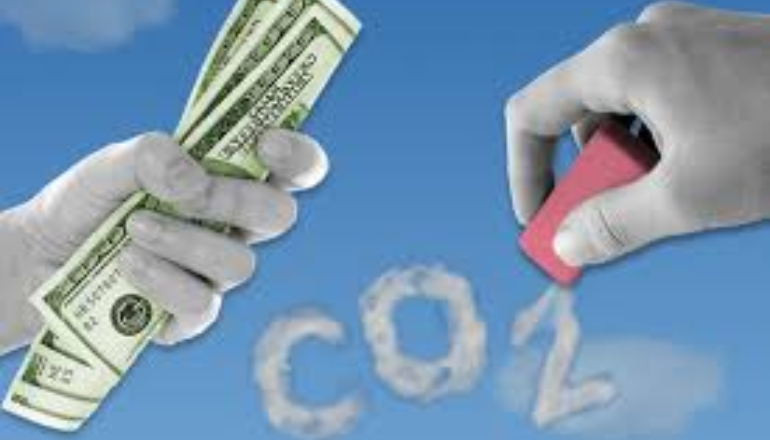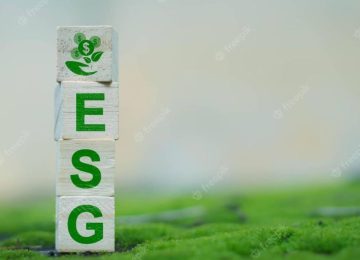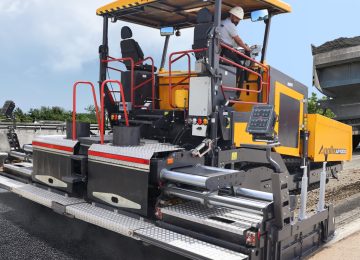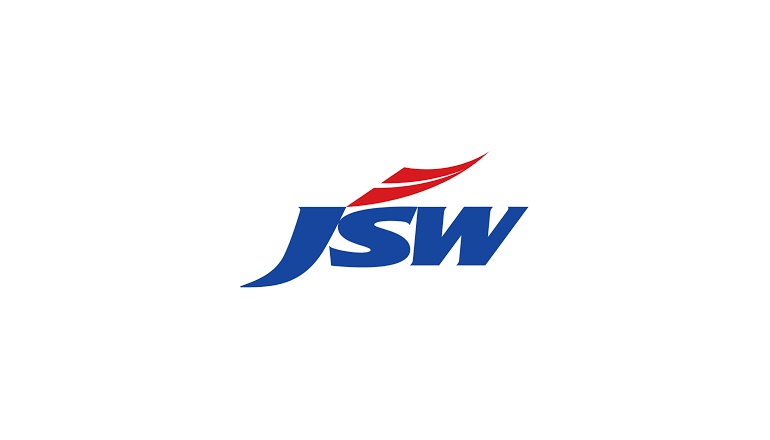Microsoft will buy an additional 5,00,000 tonnes of carbon credits from Stockholm Exergi annually over the 10 years.
This is in addition to the 10-year agreement signed by the two firms in 2024 for 3.33 million tonnes of permanent CO2 removal. The contract involves Exergi’s bio-energy with carbon capture and storage (BECCS) facility at Stockholm.
BECCS is a way to remove carbon dioxide from the atmosphere by burning wood, wood waste, agricultural waste, food scraps, and other biological material – then capturing the resulting CO2, and permanently storing it underground. The planned facility in Stockholm is designed to remove up to 8,00,000 tonnes of CO₂ annually.
The International Energy Agency (IEA) describes the ECCS as “the only carbon dioxide removal technique that can also provide energy”.
With the new contract, Microsoft’s total commitment rises to 5.08 million tonnes of permanent carbon removals over 10 years.
Microsoft will use the carbon removals covered by this agreement to offset its own emissions and, in line with Swedish government policy, will be reported as contributing to the country’s climate targets – similar to how corporate emission reductions are counted toward national goals.
Exergi received an environmental permit for the project last year, with the construction of the carbon capture unit, liquefaction, and intermediate storage happening this year. The biomass feedstock for the project will be safeguarded to ensure sustainable management and that feedstock is not sourced from wood that would otherwise be used for long-lived products. Permanent geological storage will take place “in the Nordic region.”
Microsoft has also signed a contract with Occidental Petroleum in 2024 to buy 5,00,000 metric tonnes of carbon credits over six years.
A statement from Microsoft said, “Microsoft uses a reduction-first strategy to lower emissions (such as the use of low carbon construction materials), but we recognize that carbon dioxide removal (CDR) projects are essential for reaching carbon negative. We’re focused on CDR projects that deliver a combination of science-backed carbon removals and local economic benefits.”













